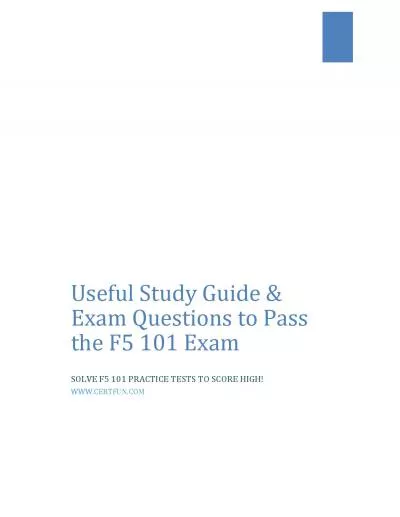PPT-ICAOS Training 101-Transfer &
Author : calandra-battersby | Published Date : 2018-09-23
Reporting Instructions Eligibility Revision 1 12017 Includes Rules Effective 312018 Be Ready for a Test at the End ICAOS Training Series 101Transfer amp Reporting
Presentation Embed Code
Download Presentation
Download Presentation The PPT/PDF document "ICAOS Training 101-Transfer &" is the property of its rightful owner. Permission is granted to download and print the materials on this website for personal, non-commercial use only, and to display it on your personal computer provided you do not modify the materials and that you retain all copyright notices contained in the materials. By downloading content from our website, you accept the terms of this agreement.
ICAOS Training 101-Transfer &: Transcript
Download Rules Of Document
"ICAOS Training 101-Transfer &"The content belongs to its owner. You may download and print it for personal use, without modification, and keep all copyright notices. By downloading, you agree to these terms.
Related Documents














